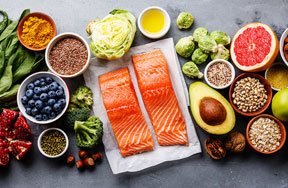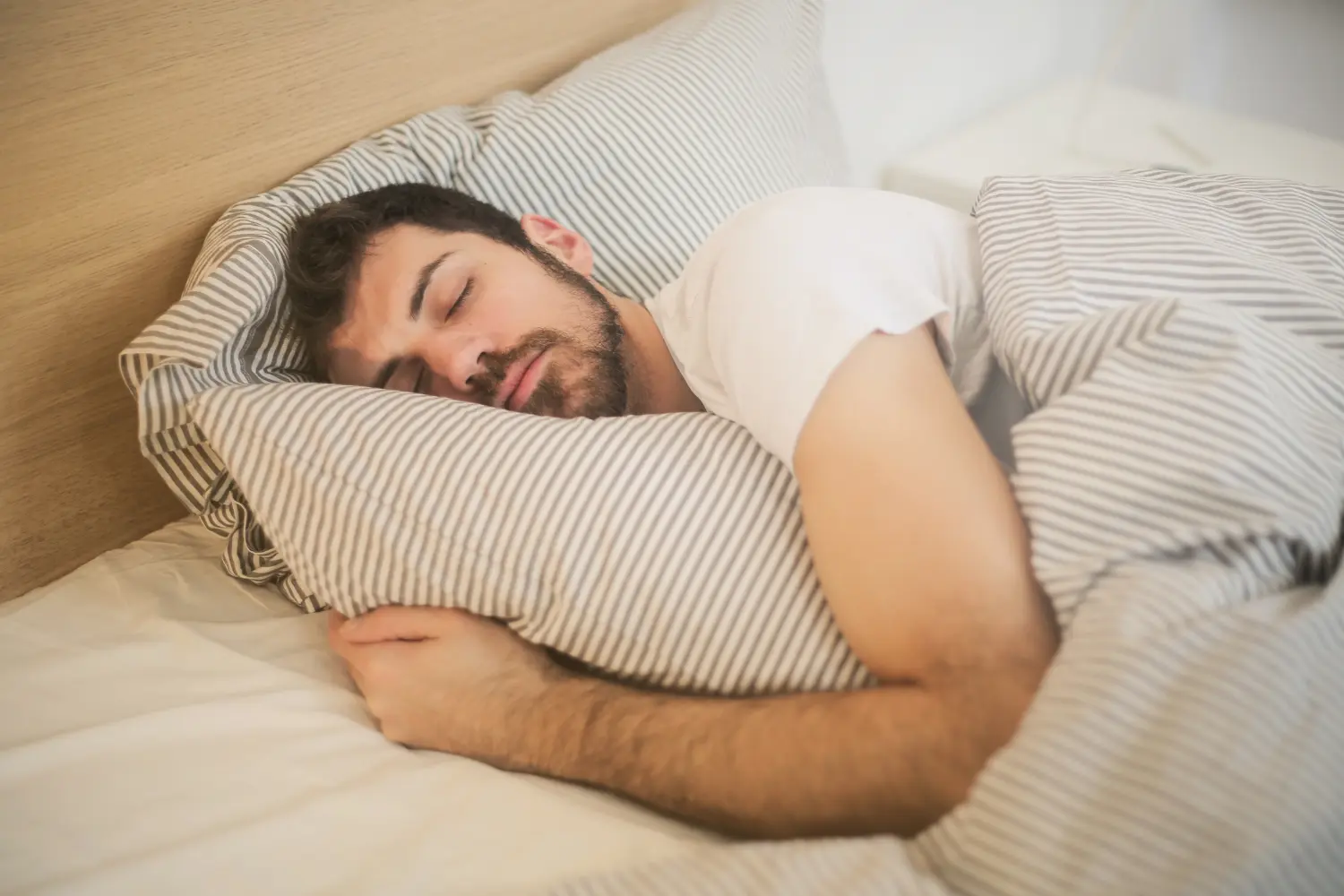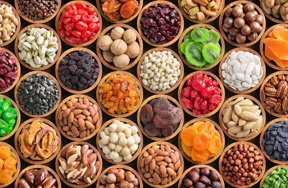How much do you really know about good nutrition and healthy eating? There are so many diet fads flying around and so much conflicting information that many people don’t know what to believe. It’s tempting to click on social media ads to find the latest “30-day weight-loss plan,” where we’re given overly simplified answers from someone important who seems to have figured it all out, figuring maybe we can finally figure it out, too. But just because a diet is popular doesn’t mean you should assume the facts back it up. Take a look at these four misconceptions.
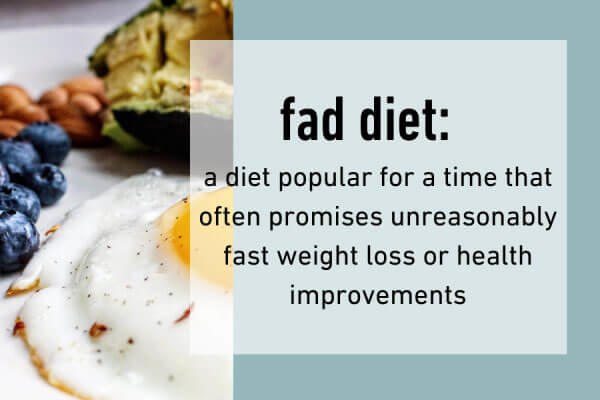 Can you spot a fad diet?Courtesy of Templehealth.org
Can you spot a fad diet?Courtesy of Templehealth.org
Celebrity diets must work for me.
Nope. Even if you admire the celebrity more than anyone else in the world. That celebrity could be nice as spice and believe the product really works, but that might not be her main motivation for endorsing it. Maybe she’s also doing it for publicity reasons. There’s no way to know for sure if the celebrity has even tried the said diet.
The bottom line is that it’s extremely difficult to live up to an airbrushed celebrity image of what’s attractive. Beauty doesn’t fit into a one-body-type-fits-all package, nor should it. So don’t torture yourself trying to fit into the mold of someone who probably has doctors and trainers at her beckon call and all of the resources in the world to mold herself into our culture’s fantasy of what’s supposed to be amazing. When it comes down to it, she’s probably going to listen to (and hire) the experts above everyone else, so why shouldn’t you listen to science, as well?
 Just eat healthy and ditch the celebrity diet.Courtesy of Indiatimes.com
Just eat healthy and ditch the celebrity diet.Courtesy of Indiatimes.com
Detox diets work.
Everyone loves to use the word detox, especially fitness gurus and diet companies. It’s possible to feel better short-term with these diets, not because of any detoxifying going on, but because the diet forces them to eat fewer calories and more fruits and veggies, and thus more micronutrients, than they’re used to. And the dramatic water weight that participants shed from shunning carbs encourages the feeling that the detox must be working. When we don’t eat carbs, we deplete our glycogen stores, which results in quick water loss. Unfortunately, dehydrating ourselves doesn’t work for our bodies in the long term, and when our detox concludes and we replenish our glycogen stores, guess what happens?
 Our bodies already have the ability to get rid of toxins, no "diet" necessary! Instead of detoxes, include nourishing fruits and veggies in your diet!Courtesy of Dietdoctor.com
Our bodies already have the ability to get rid of toxins, no "diet" necessary! Instead of detoxes, include nourishing fruits and veggies in your diet!Courtesy of Dietdoctor.com
Carbohydrates are bad.
Carbohydrates aren’t inherently bad. They don’t naturally make people gain body fat. One nutrient alone doesn’t do that. Eating more food than the body needs makes people gain fat.
Major studies found that the restrictive nature of low-carb diets can make them tough to stick to for many, even though initially weight is sometimes lost. That’s usually because they are lower in calories, not lower in carbs. After one to three years, it’s common for people on low carb diets to regain weight. Once people get off their plans, they’re faced with even more carb cravings, which usually leads to gaining the weight back.
Carbs found in foods like vegetables, legumes, oats, sweet potatoes, quinoa and whole grains take longer to digest and give you a steady supply of slow-burning energy to keep you full longer–not to mention tons of nutrition that your body needs. Diets that skip out on these foods deprive you of important health benefits. You can eat carbs moderately as part of a well-rounded diet. Also choose whole foods over boxed, processed, sugary foods.
 We need carbohydrates to function! Here are some of the healthiest.Courtesy of Simplenutrition.ie
We need carbohydrates to function! Here are some of the healthiest.Courtesy of Simplenutrition.ie
Gluten-free diets work.
Celebrities endorse gluten-free food for weight loss, claiming increased energy, improved digestion and clearer skin. People believe that gluten-free products are healthier, according to surveys. There is currently no research to support the claim that a gluten-free diet is good for weight loss. Unless you’ve been instructed by your doctor to avoid gluten for a medical reason like celiac disease or a gluten sensitivity, you don’t need to eliminate gluten.
Those who have lost weight by avoiding foods that contain gluten–such as bread, crackers, cookies, cakes, and other baked goods–have perhaps done so because these foods are high-calorie, not high-gluten.
Just because a food is labeled “gluten-free” doesn’t mean it is healthier. Beware of manufacturers using the gluten-free label on processed foods to suck you in to buying it. These foods tend to be higher in calories in lower in fiber than regular grain products. For instance, a gluten-free cereal will often have much less fiber and only slightly fewer calories.
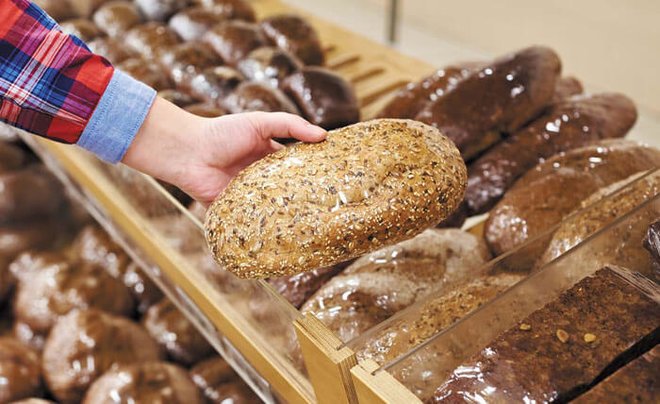 Unless you’ve been instructed by your doctor to avoid gluten for a medical reason like celiac disease or a gluten sensitivity, you don’t need to eliminate gluten.Courtesy of Health.harvard.edu
Unless you’ve been instructed by your doctor to avoid gluten for a medical reason like celiac disease or a gluten sensitivity, you don’t need to eliminate gluten.Courtesy of Health.harvard.edu
So is there any particular “diet” that is the miracle answer for healthy eating? Not really. The solution isn’t found in the trendy detoxes, 7 day cleanses, and survive-on-one-food-group plans. Extremes are a red flag. A diet that tells you to always or never do something should give you pause. Eat real food, preferably from nature, and without a lot of ingredients in it that you can’t pronounce. Listen to your body’s hunger signals and only eat when you’re hungry. If you do this, it’s fine to have occasional treats. Think of your body as a magnificent engine. You wouldn’t fuel it with garbage, would you? Nourish it with fuel that will allow it to thrive. Discover fruits, veggies, and other whole food sources that taste good to you, and then slowly incorporate them into your eating habits.





























